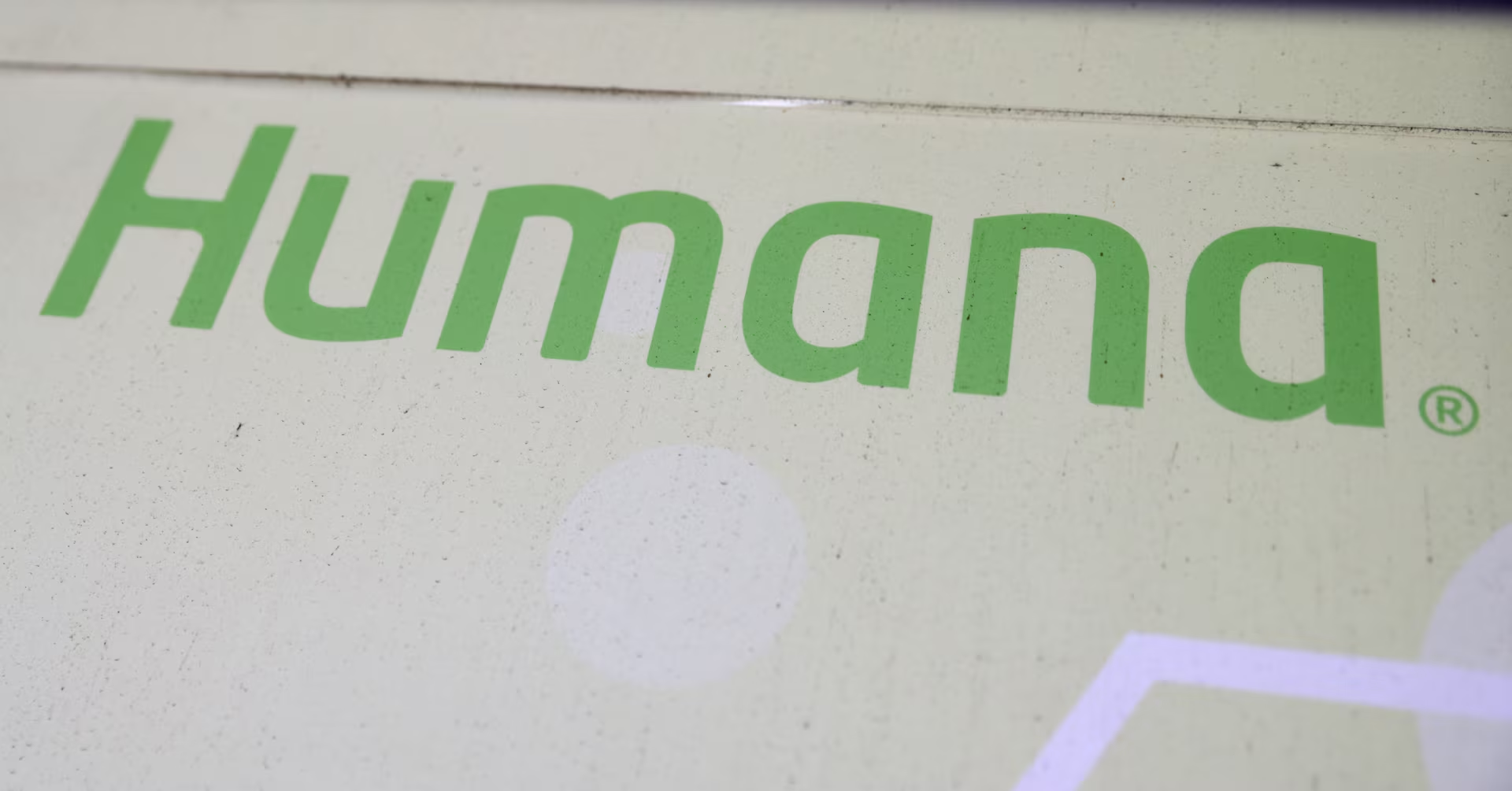Listen to the article
Humana to Pay $32 Million in Legal Fees as Whistleblower Law Faces Constitutional Challenge
Insurance giant Humana must pay more than $32 million in attorneys’ fees to lawyers who represented a whistleblower in a case that resulted in a $90 million settlement with the U.S. government, according to a recent court ruling.
Chief U.S. District Judge Greg Stivers in Louisville, Kentucky, ordered the payment last week to cover legal fees and costs for Steven Scott, a former Humana actuary who prevailed in litigation accusing the company of overcharging the federal government for prescription drugs. Humana settled the case last year while continuing to deny the allegations.
The settlement comes at a pivotal moment for whistleblower litigation in the United States, as a separate federal case threatens the constitutional foundation of such claims. A federal judge in Florida ruled last year that the whistleblower provision of the False Claims Act—which allows private citizens to sue on behalf of the government—is unconstitutional because it improperly delegates federal executive power to individuals not accountable to the president.
The Atlanta-based 11th U.S. Circuit Court of Appeals is expected to hear arguments in this constitutional challenge in December. The outcome could potentially upend the longstanding whistleblower mechanism that has become a cornerstone of government fraud enforcement efforts.
According to the Justice Department, whistleblower provisions have become increasingly important in combating fraud against the federal government. Last year alone, whistleblowers filed 979 “qui tam” lawsuits—a record high—helping to generate more than $2.4 billion in settlements and judgments.
The financial stakes for whistleblowers and their lawyers can be substantial. Under the False Claims Act, tipsters receive 15% to 25% of proceeds when the government intervenes in a case, and 25% to 30% when the government does not participate. Scott received 29% of the $90 million Humana settlement—approximately $26.1 million—and paid his lawyers $10.44 million under his contingency fee arrangement.
Scott’s attorneys, from Washington-based Kellogg Hansen and San Francisco-based Phillips & Cohen, argued they were entitled to additional compensation under the fee-shifting provision of the False Claims Act. Humana contested the request, calling the rates “shockingly high” for litigation conducted in Kentucky.
Though Judge Stivers found Scott’s case justified higher-than-local rates, he agreed with a magistrate judge’s earlier decision to award less than the $41 million in fees and costs originally requested. Court filings revealed that Scott’s legal team included attorneys billing at rates between $1,075 and $1,600 per hour.
In other legal fee disputes, law firm White & Case has asked a U.S. judge in Washington to award $510,000 for its work representing Richard Usher, a former JPMorgan currency trader, in a public records lawsuit against the Justice Department. The firm criticized the DOJ’s “stonewalling litigation tactics” and noted the requested amount was less than half the actual fees incurred by Usher during litigation over documents related to his 2018 federal criminal antitrust trial, in which he was acquitted.
Meanwhile, Kasowitz LLP announced it has resolved a dispute with billionaire Julio Martin Herrera-Velutini, founder of Britannia Financial Group, whom the firm had sued in July for allegedly failing to pay nearly $500,000 in legal fees. Kasowitz had represented Herrera-Velutini in a criminal case involving alleged improper campaign payments to support Puerto Rico’s former governor. Herrera-Velutini pleaded guilty to a misdemeanor charge in August and awaits sentencing in December.
“The matter has been resolved, and we look forward to continuing the relationship with Mr. Herrera-Velutini,” a Kasowitz spokesperson said in a statement, declining to provide additional details.
The 11th Circuit’s upcoming ruling on the constitutionality of the False Claims Act’s whistleblower provision will be closely watched by corporations, lawyers, and government officials alike, as it could fundamentally alter the landscape of fraud enforcement. The U.S. Chamber of Commerce and other business groups have urged the appeals court to uphold the Florida ruling, while the Justice Department has defended the whistleblower provision’s lawfulness.
Fact Checker
Verify the accuracy of this article using The Disinformation Commission analysis and real-time sources.




8 Comments
Thirty-two million in legal fees is a substantial amount, though the overall $90 million settlement suggests the case had significant merit. It will be interesting to see how the legal challenge to the False Claims Act plays out.
Agreed. The False Claims Act has been instrumental in empowering whistleblowers, so a ruling against its constitutionality could have far-reaching implications for fraud detection and accountability.
Humana’s settlement and payout of legal fees underscores the potential financial risks for companies accused of defrauding the government. However, the ongoing legal battle over the False Claims Act raises concerns about the future of such whistleblower cases.
This case highlights both the power of the False Claims Act to incentivize whistleblowers and the legal vulnerabilities the law currently faces. It will be crucial to monitor how the constitutional challenge progresses and what impact it could have on corporate accountability.
This is a significant payout for the whistleblower lawyers who pursued the case against Humana. The False Claims Act has been a valuable tool for exposing corporate fraud, though the recent legal challenge raises concerns about its future use.
Indeed, the constitutional issues around the Act’s whistleblower provisions will be an important case to follow. Protecting whistleblowers is crucial for holding companies accountable.
The Humana case demonstrates the importance of whistleblower protections, but the legal challenge to the False Claims Act is a concerning development. Safeguarding these mechanisms for exposing fraud is essential for maintaining corporate integrity.
Absolutely. The outcome of the legal challenge will have significant implications for the future of whistleblower cases and the ability to hold companies accountable for defrauding the government.